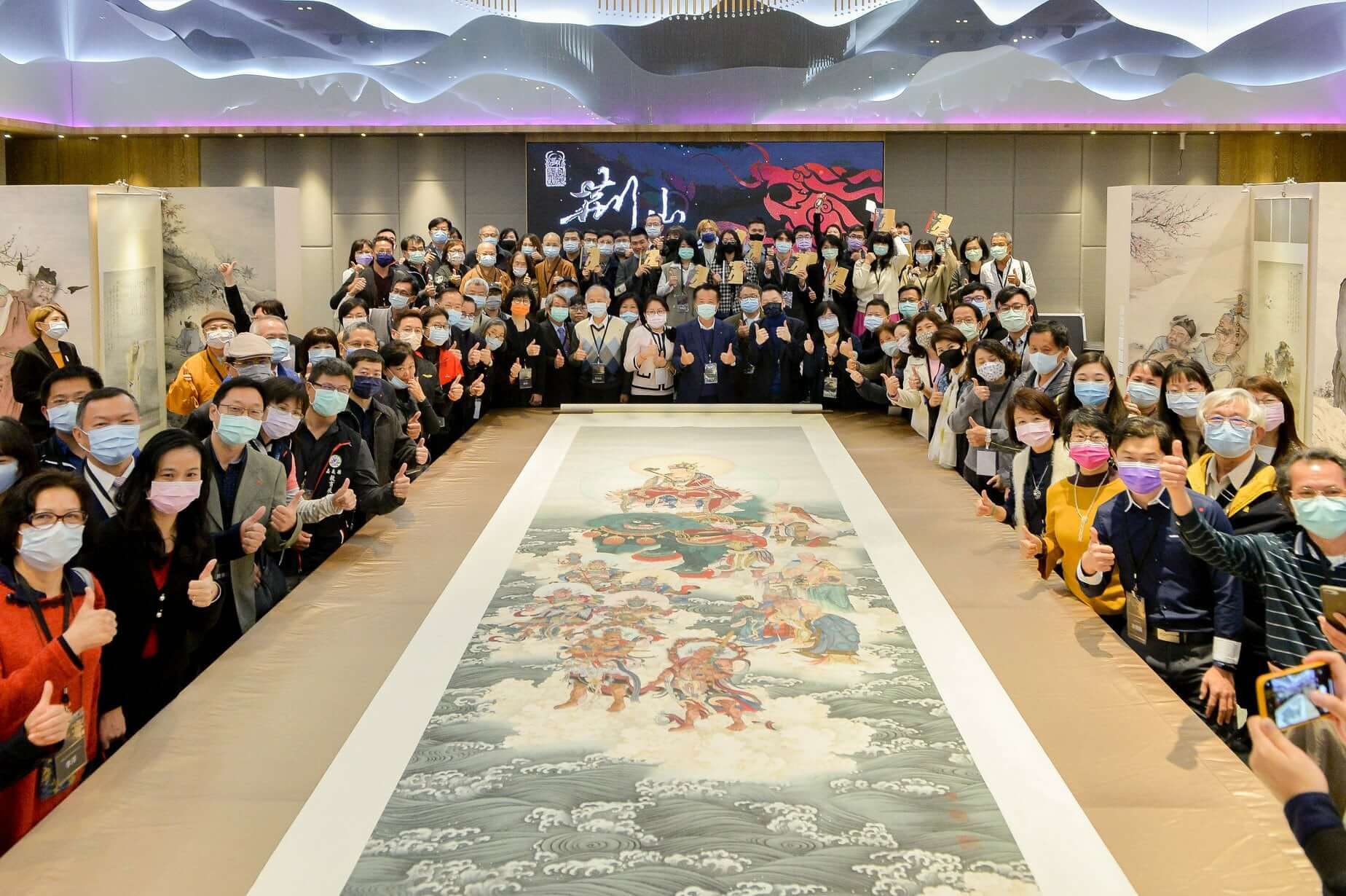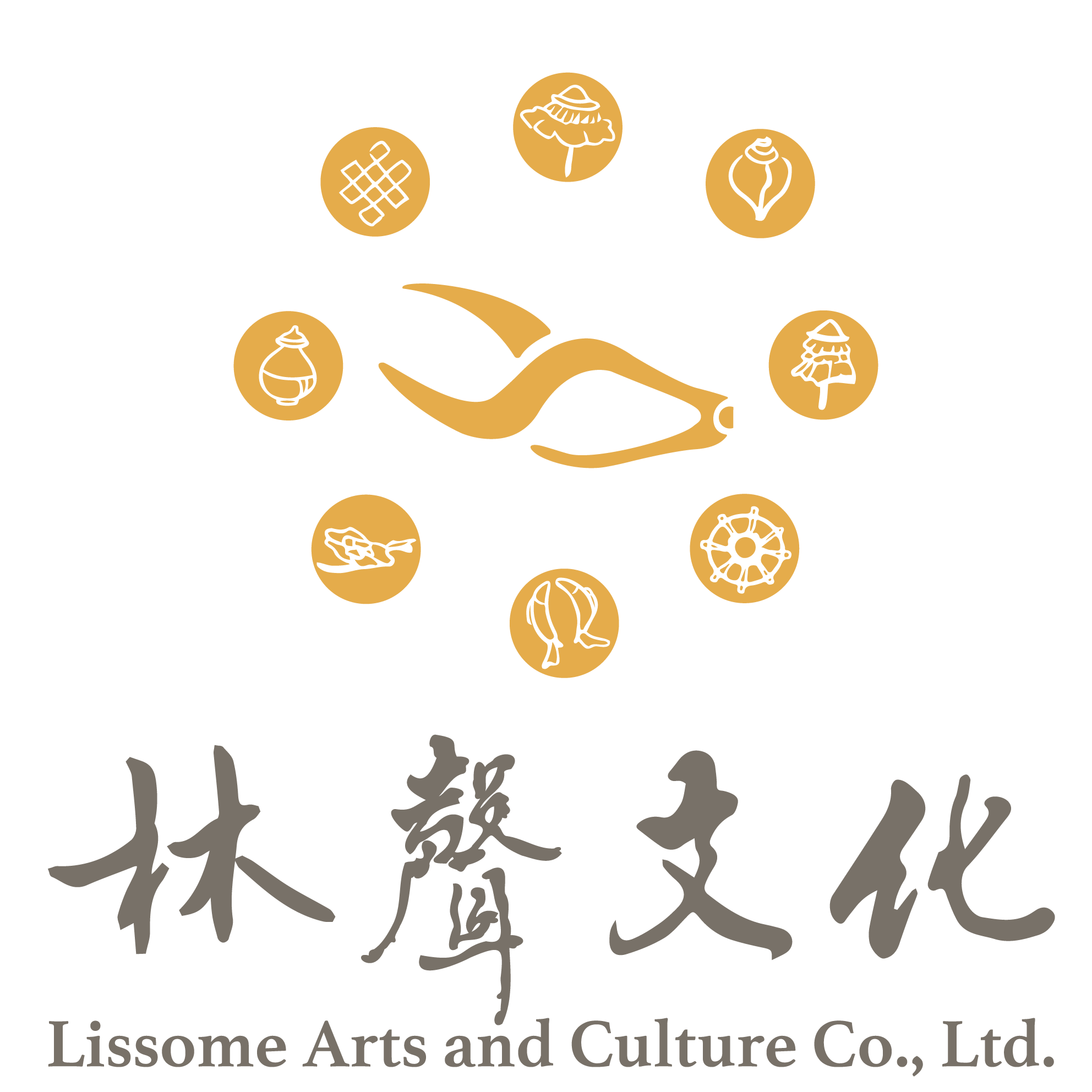“2020 Jing Shan Classic, Cultural & Creative Arts Awards” and Opening Ceremony of “Hundred Images of Zhong Kui Celebrating New Year: Maestro Xia Jing Shan’s Zhong Kui Exhibition” made its debut at Chiayi Evergreen Palace Hotel on January 23

"2020 Jing Shan Classic, Cultural & Creative Arts Awards" and the opening ceremony of "Hundred Images of Zhong Kui Celebrating New Year: Maestro Xia Jing Shan's Zhong Kui Exhibition" were held at 2 p.m. on January 23rd at Chiayi Evergreen Palace Hotel. On behalf of the organizer, Chiayi County Magistrate Weng Chang-liang and Chao Chung-Chieh (CEO of Xia Jing Shan Arts and Culture Foundation) delivered the opening remarks. Meanwhile, Lai Ching-Te, Vice President of Taiwan, made a special pre-recorded video to congratulate the event. This year's foreign judges and overseas winners were unable to attend the ceremony due to the COVID-19 pandemic, but all of them participated in the ceremony through video. During the ceremony, Maestro Xia Jing Shan's eight-meter Buddhist painting "Manjushri" was publicly displayed in Taiwan for the first time.
Maestro Xia Jing Shan had a deep relationship with Chiayi. He lived in Chiayi for nine years after he arrived in Taiwan in 1949. The holding of "Jing Shan Classic, Cultural & Creative Arts Awards Ceremony" in Chiayi not only continued the deep relationship between Master Jing Shan and Chiayi, but also made a contribution by bringing in an international cultural and creative event to Chiayi. Under the theme of "philanthropy" in Maestro Xia Jing Shan's work, this 4th "Jing Shan Classic, Cultural & Creative Arts Awards" had received nearly 1,500 entries from 91 countries. Through this international competition, we hope to convey and spread Maestro Xia Jing Shan’s original intention of philanthropy all over the world. Winners of this competition included not only outstanding young creators from Taiwan, also but artists from the United States, Germany, India, Colombia and Iran.
Through his video, Vice President Lai affirmed this competition for its allowing Taiwanese artists to communicate with the world, and he also said he was excited to see the display of these creative aesthetics. Dr. Chao Chung-Chieh, CEO of the Foundation, said that this award had been held for four times and that it had attracted the attention of creators around the world this year; so, the Foundation would work even harder in the future. Dr. Chao continued that as Maestro Xia Jing Shan lived in Chiayi for nine years when he came to Taiwan, this year's award ceremony held in Chiayi made this profound geographical relationship especially meaningful. Chiayi County Magistrate Weng Chang-liang praised Maestro Xia Jing Shan's painting and writing skills. In addition to the award ceremony, County Magistrate Weng made a special introduction to the exhibition "Hundred Images of Zhong Kui Celebrating New Year" by saying that Zhong Kui symbolized the slaying and elimination of demons in the traditional sense; as such, he hoped that this exhibition would help end the scourge of the current COVID-19 pandemic.
It was a special gift to the art lovers during the Spring Festival that Xia Jing Shan Arts and Culture Foundation and Chiayi County Government hosted this "Hundred Images of Zhong Kui Celebrating New Year: Maestro Xia Jing Shan's Zhong Kui Exhibition" at the exhibition hall on the first floor of Evergreen Palace Hotel. A number of classic masterpieces of Zhong Kui series painted by Maestro Xia Jing Shan were selected for this exhibition, in which Zhong Kui might be incarnated as a literato drinking tea, watching flowers, appreciating waterfalls, playing with cranes, or interacting with the little ghosts. Maestro Xia used cinnabar and brush and ink in a freehand style to convey the profound and auspicious meanings of those stories. In 2020, this exhibition was held at the Fo Guang Shan Buddha Museum and was well-received by its viewers. Among the paintings, the 10-meter-long horizontal scroll of the original "Zhong Kui's Housewarming Auspicious Picture" was the highlight of the exhibition. Zhong Kui, the little ghosts, and family members were painted with delicate and meticulous brushwork in a lively house-moving activity, adding a strong sense of blessing and festivity. The exhibition runs until March 1.
